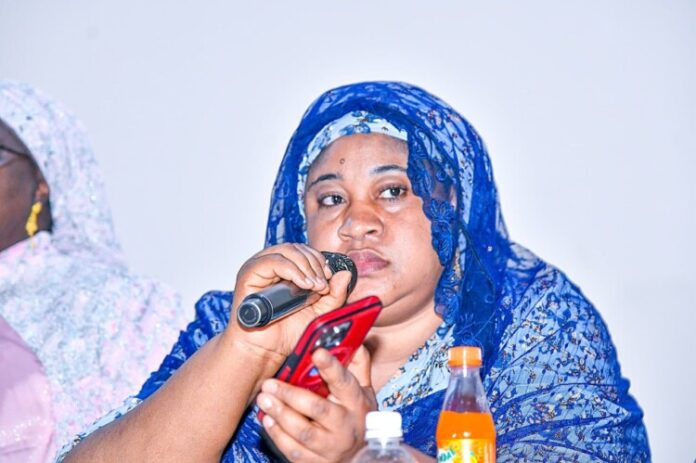In a heartening development, Kaduna State has recorded a significant decline in forced marriages, also known as “Auren Dole,” in the North.
According to Hajiya Rabi Salisu, Commissioner of Human Services and Social Development, the state has seen a drastic reduction in forced marriages, with only 8 cases reported this year, compared to over 300 in previous years.
“For the forced marriage where many victims run away from their homes, we have recorded only 8 this year. Before, we used to get more than 300 in a year, so this is a very great achievement for the state government in its proactiveness to address GBV,” Hajiya Rabi Salisu said.
READ ALSO:
SERAP urges Tinubu to expose contractors who embezzled N167bn
UNYF defends Aisha Sani-Maikudi’s appointment as UniAbuja VC
CBN launches redesigned website
This achievement is a testament to the state government’s proactive efforts to address Gender-Based Violence (GBV). In 2024, Kaduna State secured 11 convictions of GBV offenders, a remarkable milestone, especially in northern Nigeria, where securing convictions has historically been a challenge.
The state has also made significant strides in supporting GBV victims. Four operational Sexual Referral and Assault Centers have been established, one in each senatorial zone, with a dedicated budget from the state government. These centers focus on preventive measures, ensuring a proactive approach to tackling GBV.
The Ministry of Justice has also streamlined the judicial process for GBV cases, enabling advisory opinions to be issued within three days. This has led to swifter justice for victims, with most convictions resulting in life imprisonment or the death penalty.
“Most of the convictions resulted in life imprisonment, with some cases carrying the death penalty, and convicted individuals cannot benefit from prison decongestion programs, ensuring justice is served,” Hajiya Rabi Salisu explained.
The commissioner attributed the increase in GBV reporting to the efforts of the state government and Civil Society Organisations (CSOs), as well as growing trust in government institutions. Victims and their families are now more likely to come forward and make formal complaints, a significant shift from the past when many cases were reported anonymously.
“Before, many GBV cases were reported anonymously, but now, victims and their families come forward to make formal complaints,” Hajiya Rabi Salisu added.

